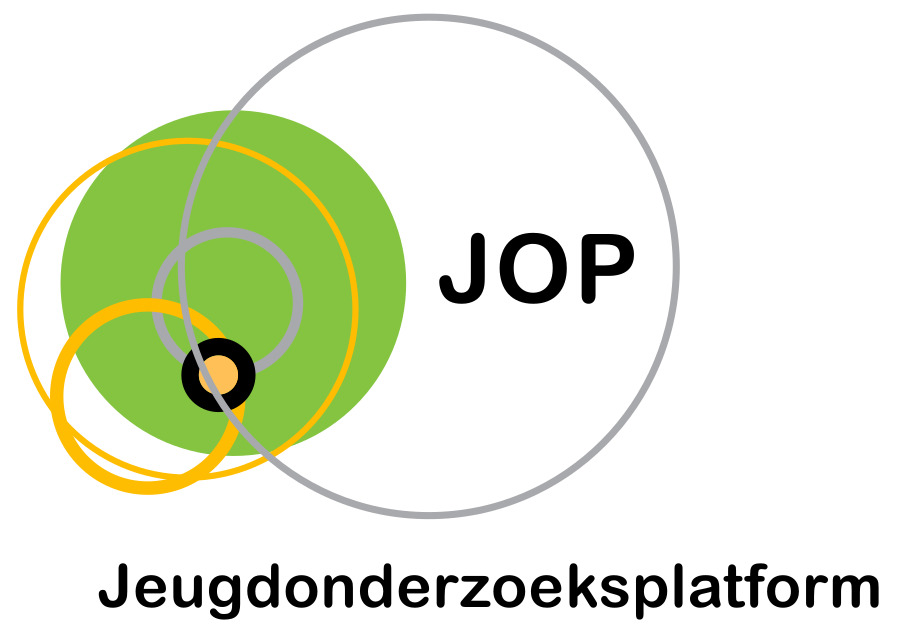A first investigation into gender minority adolescents’ sexting experiences.
Auteurs
Van Ouytsel, J., Walrave, M., De Marez, L., Vanhaelewyn, B., & Ponnet, K. (2020).

Abstract
There is growing evidence that health factors affect tertiary education success in a causal way. This study assesses the effect of sleep quality on academic achievement at university. To this end, we surveyed 804 students about their sleep quality by means of the Pittsburgh Sleep Quality Index (PSQI) before the start of their first exam period in December 2013 at Ghent University. PSQI scores were merged with course marks in this exam period. Instrumenting PSQI scores by sleep quality during secondary education, we find that increasing total sleep quality with one standard deviation leads to 4.85 percentage point higher course marks. Based on this finding, we suggest that higher education providers might be incentivised to invest part of their resources for social facilities in professional support for students with sleep and other health problems.
Er is toenemend bewijs dat gezondheidsfactoren de academische prestaties beïnvloed. Deze studie onderzoekt het effect van slaapkwaliteit op academische prestaties aan de universiteit. Daarvoor werden 804 studenten aan de UGent bevraagd over hun slaapkwaliteit door middel van de Pittsburgh Sleep Quality Index (PSQI) voordat de eerste examenperiode in december 2013 startte. De PSQI-scores werden samengevoegd met de examenresultaten uit die examenperiode. We vinden dat een toename in de slaapkwaliteit (één standaarddeviatie) leidt tot een verhoging van de examenresultaten met 4.85 percent. Op basis van deze resultaten bevelen we aan dat onderwijsbieders investeren in professionele hulp voor studenten met slaap- en andere gezondheidsproblemen.
Referentie
Van Ouytsel, J., Walrave, M., De Marez, L., Vanhaelewyn, B., & Ponnet, K. (2020). A first investigation into gender minority adolescents’ sexting experiences. Journal of Adolescence (London, England.), 84, 213–218.
Taal
Engels
Publicatievorm
Tijdschriftartikel
ISBN – DOI
https://doi.org/10.1016/j.adolescence.2020.09.007
Trefwoord(en)
Sexting, adolescents, transgender youth, non-binary youth, e-safety
